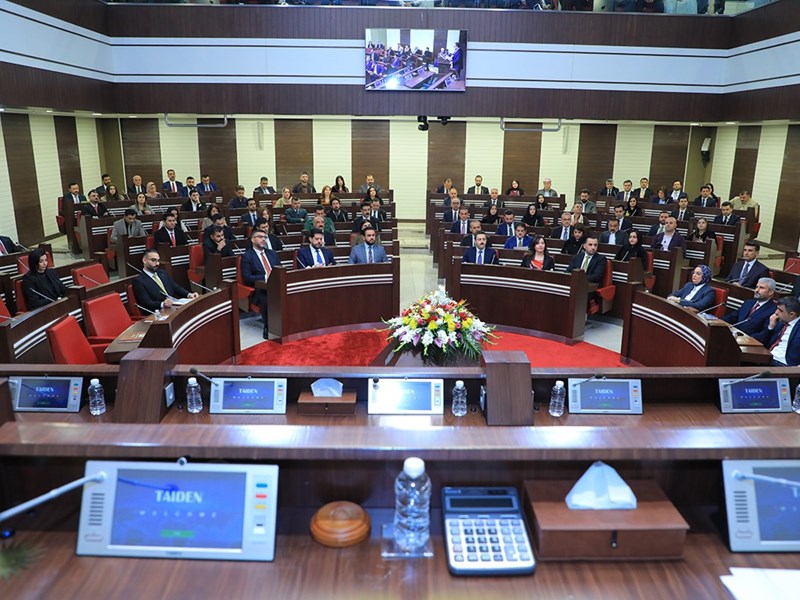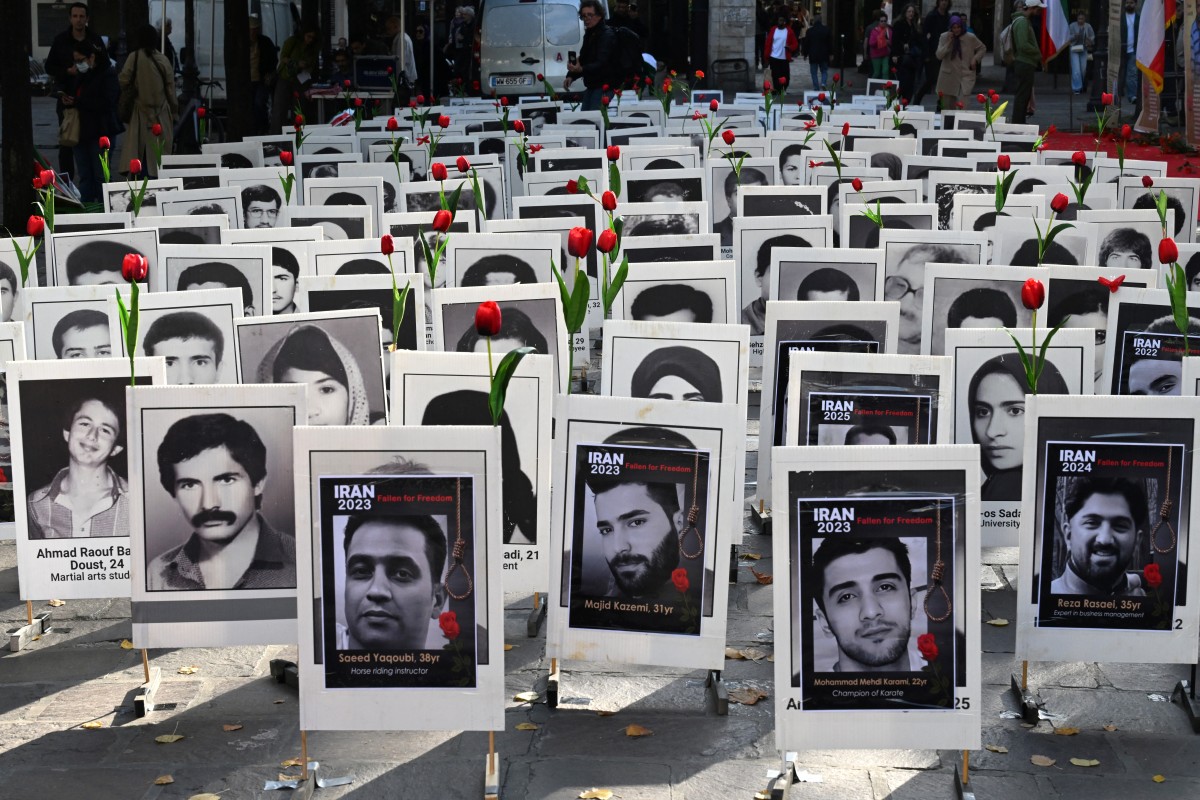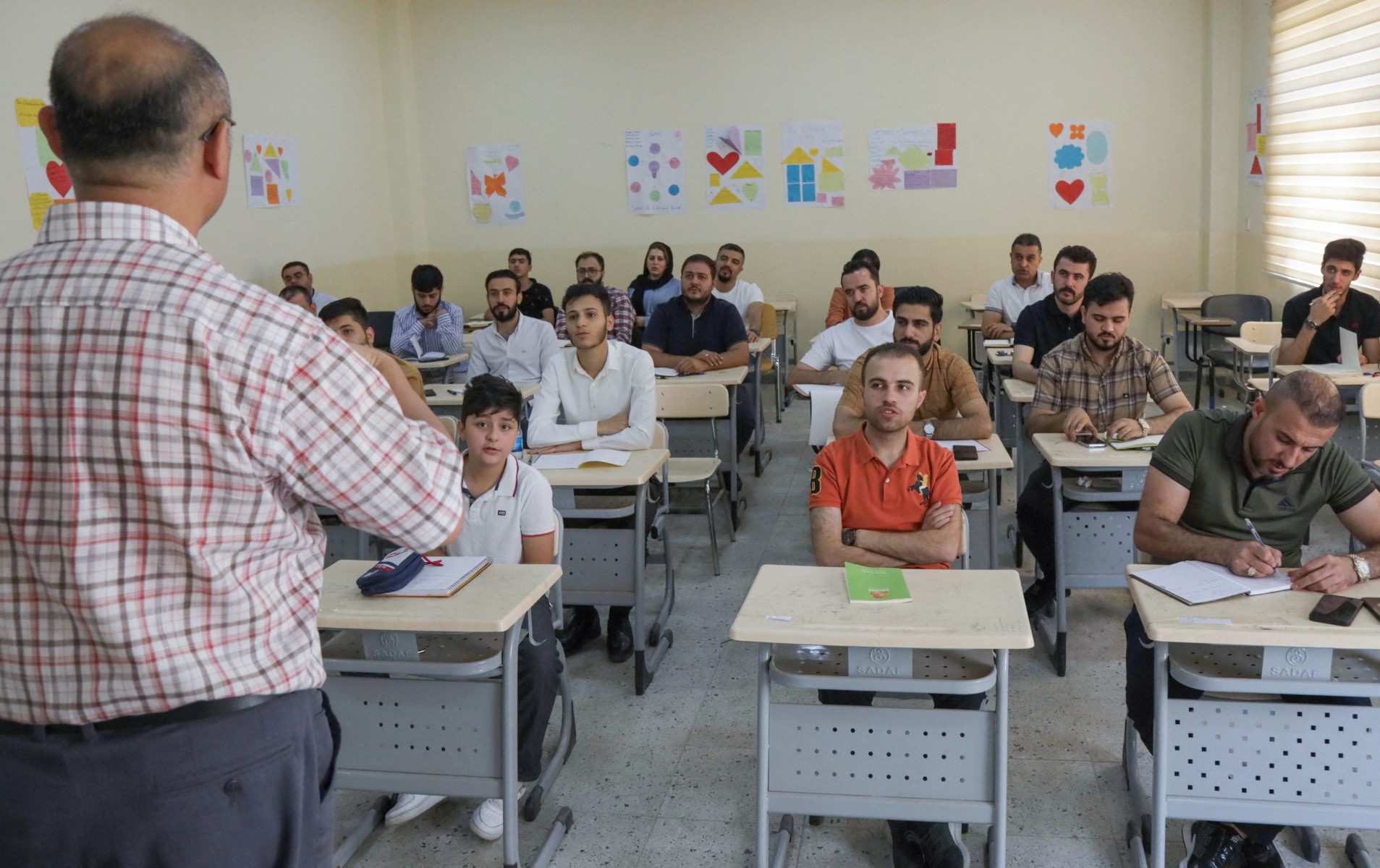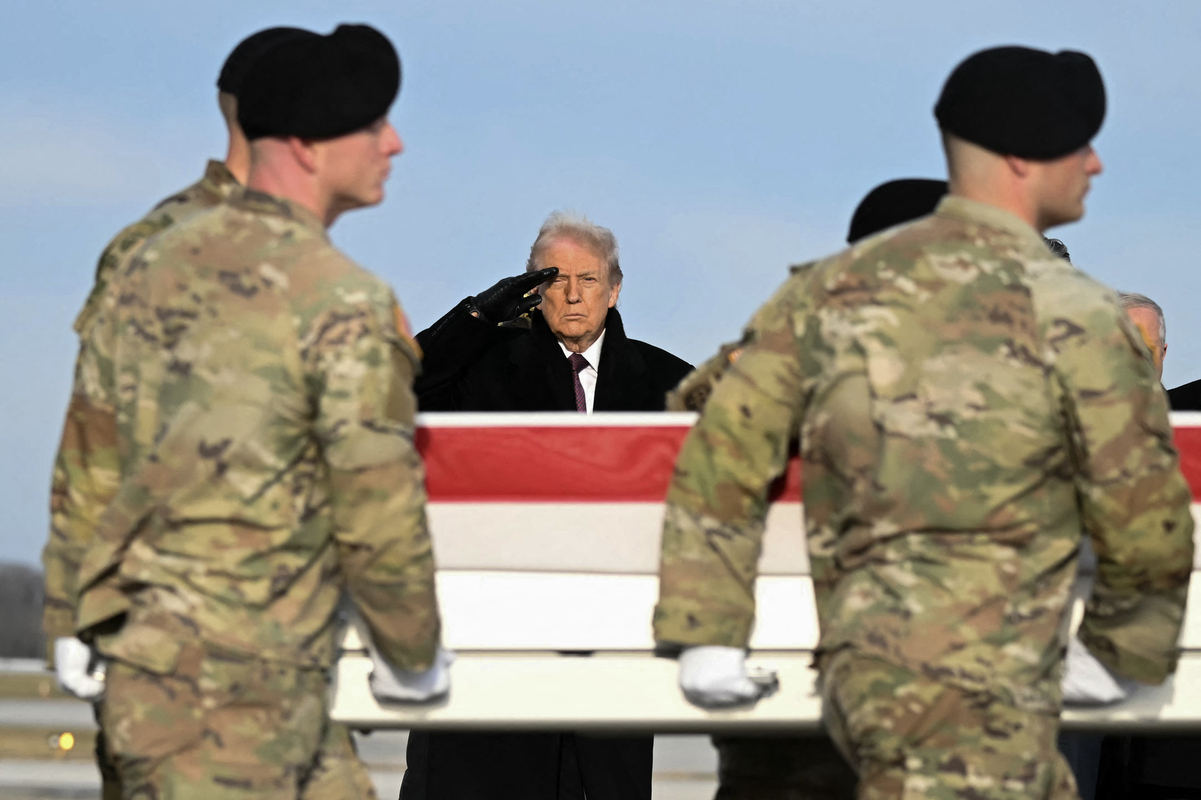The Meaning and Culture of Institutions in the Kurdistan Region of Iraq

In Kurdistan and Iraq, while social and religious institutions are thriving, political institutions continue to remain weak. As the latter set of institutions is not embedded in popular culture or people’s daily lives, it continues to remain enigmatic and inaccessible to both the general public and local elites.
Earlier this year, I embarked on a small writing project to enhance the culture around public institutions in the Kurdistan Region of Iraq (KRI). The core idea was that modern institutions (bureaucracy, the courts, parliament, and the military), in contrast to traditional institutions (family, marriage, religious and spiritual authorities, among others), lack familiarity and a meaningful presence within the local culture. While traditional institutions are also facing challenges, especially due to the rise of secularization, urbanization, and a rentier economy, they are nevertheless deeply rooted within society. The aim of this project was to write about these modern institutions to make them more familiar to common citizens in the KRI.
The Kurdistan Parliament emerged shortly after the end of the Cold War and the Kuwait (Gulf) War. This was an era characterized by globalization, the establishment of a new world order, and various pushes for democratization
In my book, I had focused on the Kurdistan parliament and its members, MPs. These are relatively new institutions, facing numerous challenges, including a lack of understanding by the public in addition to open hostility from the ruling elites, who constantly attempt to trim their role and function. The Kurdistan Parliament emerged shortly after the end of the Cold War and the Kuwait (Gulf) War. This was an era characterized by globalization, the establishment of a new world order, and various pushes for democratization. Such global developments generally presented favorable conditions for the emergence of such institutions.
After publishing that book, I realized that there was little accurate knowledge about institutions and their roles within Kurdish society in Iraq. I was surprised by the amount of anti-institutional thinking even within the local intellectual milieu. As a result, the need emerged to discuss the culture around institutions in the KRI more broadly.
In Kurdish culture and history, power has traditionally been held by individuals or prominent personalities. This background has led to the dichotomy of personality versus institution. The ruling elites, such as political party leaders, have tended to centralize power around individual personalities and family ties within their political parties. As highlighted in a study I co-authored, this trend poses significant challenges to the establishment of institutional governance
After all, the fighting between the two main parties, the Kurdistan Democratic Party (KDP) and the Patriotic Union of Kurdistan (PUK) was not the only civil war
As I argue in the book, the mid-1990s intra-Kurdish civil war and the politics surrounding it caused the biggest setbacks to the emergence of institutions in the Kurdistan Region. War was the main mode of relationship between all political parties. After all, the fighting between the two main parties, the Kurdistan Democratic Party (KDP) and the Patriotic Union of Kurdistan (PUK) was not the only civil war; for example, the PUK fought the Islamic movement prior to fighting the KDP.
The civil war experience became the main premise for how to govern Kurdistan, as exemplified by the fifty-fifty power-sharing model. Civil war, actual or potential, became the political and governing paradigm in the region.
This paradigm contained a fractured administration, territory, and authority that fought and competed within the space of government for capturing resources in an atmosphere of distrust and enmity. The KDP and PUK became friends and enemies at the same time—frenemies.
As a result, the civil war, rather than remaining in the trenches in the hills and mountains, continued within the governing apparatuses—the public sector became the battlefield. The parties stuffed all the government institutions with their cadres and loyalists. This prioritized loyalty over merit. Power over the public sector became the ultimate goal.
This development turned the institution into an apparatus—tools that serve specific purposes in the interest of particular groups rather than society and law. In my research, I observed that people commonly perceive institutions in this way.
Generally, in Iraq, the public sector is a way to control society. In the Kurdistan Region, it became the arena for rewarding party loyalists, especially in mid- and higher ranks. Furthermore, the sheer size of employment opportunities became an occasion to turn governance into a partisan enterprise.
…Iraq and Kurdistan have “extractive institutions.”
Altogether, these factors derailed the idea of the institution as a common good. As argued by economists and political scientists like Daron Acemoglu and James A. Robinson, institutions are fundamental for development, and they are determined by politics and power. The nature of the general power structure directly influences the nature of any given institution within it. Accordingly, Iraq and Kurdistan have “extractive institutions.” This is a type of institution characterized by the concentration of power and resources in the hands of a few elites, which prioritize the extraction of wealth over sustainable economic growth and social equity.
Still operating with the civil war mentality, the two hegemonic parties in the Kurdistan Region, the KDP and PUK, guard their authority jealously, turning institutions into instruments, apparatuses to maintain the parties’ power. As a result, there are no incentives toward institutional enhancement; in fact, the opposite is true.
Unfortunately, the role played by the political parties classified as the opposition has only contributed to the deepening of this situation. Even as they opposed the main two parties rhetorically, these parties simultaneously began to mimic them. This lack of awareness and vision hollowed the opposition’s discourse considerably. The two main parties set the rules of the game, and others either willingly or unwillingly started to play by them. In addition to Kurdish traditional culture and political parties, the intellectual landscape is anti-institutional in many ways. This manifests itself mainly in two ways, namely, in the circulation and prominence of translated authors and local commentators. French philosopher Michel Foucault, known for his critiques of power and institutions, is arguably one of the most translated and cited western thinkers in Kurdistan. His characterization of institutions as inherently oppressive is disseminated quite well in the Kurdish intellectual discourse. For example, Bachtyar Ali, an influential and prolific Kurdish writer, conflates the malfunction of politics in the region with politics itself when touching on different aspects of politics, institutions, and systems within the Kurdistan polity. For instance, in his comment on parliamentary candidates, he writes about them as beings that take our agency—they are not representatives of our will; they represent us only after robbing us of all our power. They exercise our total negation.
In this vacuum, the traditional mechanisms continue to survive without renewal, becoming part of the modern institutions in an undesigned, hybrid manner.
Accordingly, if institutions are essential for economic and political development, Kurdish society in Iraq is currently lacking the leadership and means necessary for genuinely building and enhancing institutions. In this vacuum, the traditional mechanisms continue to survive without renewal, becoming part of the modern institutions in an undesigned, hybrid manner. Consequently, the role of prominent personalities and families remains the norm.
This forces the Kurdistan Region into a dilemma: is it possible to enhance the current institutions? If so, will they serve institutional rules or the status quo? It is not enough to enhance institutions in themselves; one must identify and alter the nature of the current system. To do that, we must develop know-how, not only among the elites but also among the public.
Writing about and for these institutions can help develop a different political culture. Such literature, and critical public discourse more broadly, can contribute to laying the fundamental foundation for public education, eventually improving people’s lives and society.
Sardar Aziz
Sardar Aziz is a researcher, columnist, and international advisor. Worked as senior adviser, Kurdistan Parliament, Iraq. writes in Kurdish and English. He focuses on Kurdish politics and economy, Iraqi politics, and China-Kurdistan and Iraq relationship. He has published with numerous think tanks in the US, Europe, and the Middle East. Author of a number of books in Kurdish in the areas of governing, institutions, and political economy. He has a PhD on the State in the Arab Middle East from University College Cork (UCC) Ireland. He teaches annually at the Asian Study UCC.



